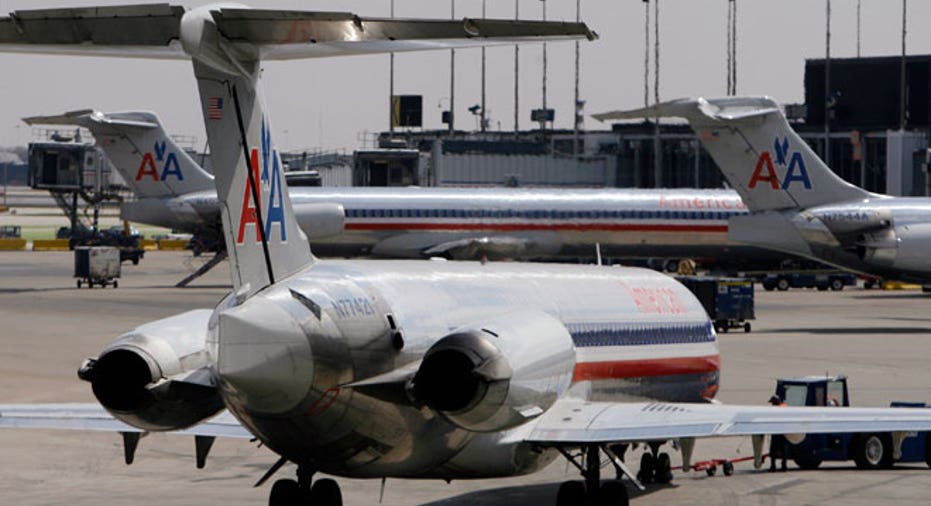How Holiday Travelers Will Be Impacted By American Airlines' Bankruptcy Filing

The parent of American Airlines filed for Chapter 11 bankruptcy protection Tuesday, right in the middle of one of the busiest travel seasons of the year.
AMR Corp. (NYSE:AMR) filed for protection in New York after cost-cutting labor agreements failed. While the filing itself did not come as a surprise for the struggling airline, which didn’t merge with other airlines in 2008 and lost its spot as the world largest airline that same year, travelers are left with many questions as to how this will impact any upcoming flight plans.
Hodges Capital Management Financial Analyst Clark Hodges says that that from a consumer standpoint, it will be business as usual for the time being.
"American Airlines has their routes and flights per day scheduled out months in advance. The only thing I would think it might do is give pause to a consumer booking a flight this week."
Hodges points to American Airlines’ inability to control its costs as the main reason for its financial struggles. Despite charging customers for things like checked bags and snacks in flight, it couldn't make up the money it was losing on operating costs due to labor contracts.
Hodges explains airlines used to succeed on undercutting their competition with lower prices, but now the model has moved to charging travelers for services.
"From a PR standpoint, it's not too good," he says. "But from a profit standpoint, they need to run this way, more like a business."
Although American announced Tuesday that frequent flier miles and travel will not be impacted, Seth Kaplan, managing partner at Airline Weekly, is not convinced. Although holiday travel will likely remain unaffected because it is quickly approaching, he is expecting major staff cuts and fleet downsizing at the start of 2012.
"When airlines file for bankruptcy, they shrink—always," he says. "They have the flexibility to get rid of planes and people more easily than before. They can also restructure employee compensation packages to pay them less, and even cut pensions."
Kaplan says hubs in major cities will likely be examined to determine what is and isn't working for America. Cities like Miami and Dallas serve as successful hubs, however, places like Los Angeles struggle for business, he says.
Once future schedules are released, and American goes through its downsizing, Kaplan says two scenarios will play out for travelers. "On the one hand, American can reduce their costs, and when a company reduces cost, it should be able to provide its services at a lower price and still profit. But, it will take seats out of the sky, meaning it will have less supply and the same amount of demand. That can potentially push prices up."
One group of travelers that will likely make out well during the transition is frequent fliers, according to Kaplan. Regardless of whether American is bought out by another major airline, the purchaser will likely aim to please those that travel most often with it.
"They worry about frequent fliers and will start throwing mileage bonuses at them," he says. "In the past, when airlines have gone out of business their miles have been safe, because [another airline] will end up honoring them. But in this case there's not a large risk that American will stop flying."



















